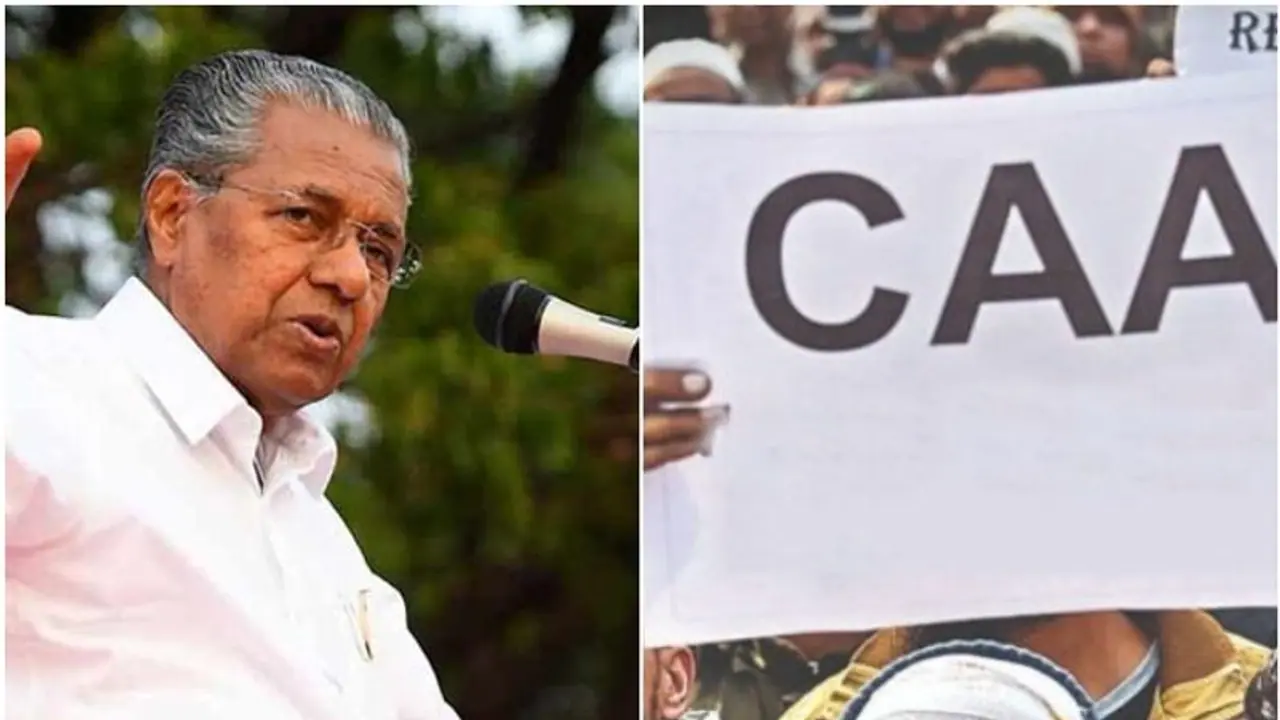The Kerala government filed a petition in the Supreme Court seeking to halt the implementation of the Citizenship Amendment Act (CAA), 2019, and the Citizenship Amendment Rules, 2024.
New Delhi: The Kerala government has taken a significant step by filing a petition in the Supreme Court seeking to halt the implementation of the Citizenship Amendment Act (CAA), 2019, and the Citizenship Amendment Rules, 2024 on Saturday (Mar 16). Chief Minister Pinarayi Vijayan reiterated that the Citizenship Amendment Act 2024 will not be implemented in Kerala. Stating that Kerala will oppose the communal division act together, he criticized the Citizenship Amendment Act as treating Muslim minorities as second-class citizens.

A press release issued by the chief minister's office has accused the central government of notifying the provisions of the Citizenship Amendment Act ahead of the elections to disturb the nation. The move is aimed at dividing the people, inciting communal sentiments, and undermining the very basic principles of the Constitution. He also pointed out that this law to divide Indian citizens with equal rights should be unitedly opposed.
Prime Minister Narendra Modi's government on Monday (March 11) notified the Citizenship Amendment Act (CAA). Enacted in December 2019 and enforced on January 10, 2020, the legislation has been at the centre of intense debate and protests. Since its inception, the CAA has encountered significant opposition, with critics deeming it discriminatory and advocating for its repeal.
This move opens the pathway for granting citizenship to undocumented non-Muslim migrants from Pakistan, Bangladesh, and Afghanistan, according to officials. With the issuance of the CAA rules, the Modi government will commence the process of granting Indian nationality to persecuted non-Muslim migrants from Bangladesh, Pakistan, and Afghanistan who arrived in India until December 31, 2014. This category includes Hindus, Sikhs, Jains, Buddhists, Parsis, and Christians.
